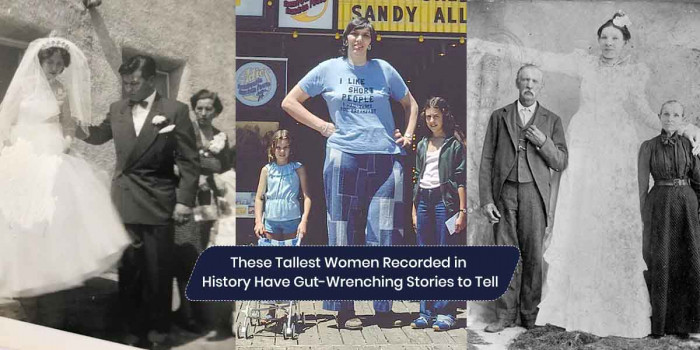10+ Most Famous Psychologists in the World
Have you ever developed an interest in Psychology? If so, the works of these popular psychologists would make you understand more about the functioning of the mind.
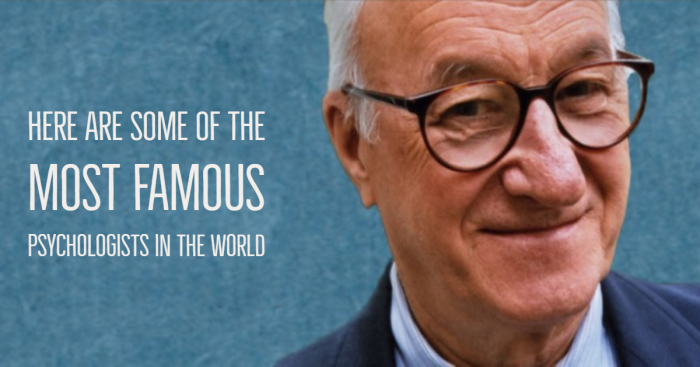
Psychology is one of the most complex and interesting fields of study. Human mind is an interesting plot for study and we have just begun to understand it. In the past 100 years, we have made significant strides in understanding the functioning of mind.
Some psychologists rather best known thinkers have given an insight into the breadth and diversity of psychology. Each of them has brought a unique voice and a different perspective to this field. They have helped us in widening our vision and solve the unknown mysteries.
Let’s celebrate the work of these 10 psychologists famous throughout the world.
1. Sigmund Freud (1856-1939)
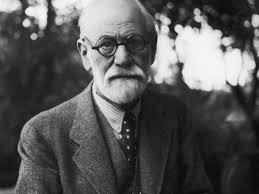
Sigmund Freud was an Australian neurologist who founded psychoanalysis. This method is useful for the treatment of psychopathology through verbal expression of thoughts between the patient and psychoanalyst. Modern clinical psychology has developed as a result of Freud’s theories.
His works have spread through popular culture and contemporary Western thought. There was also a great deal of controversies around his studies. Joseph Breuer was one of his colleagues. They were among the first initiators to conceive the study of mind and psyche. His therapy techniques are widely applied today and those concepts have earned him a household name.
2. B. F. Skinner (1904-1990)
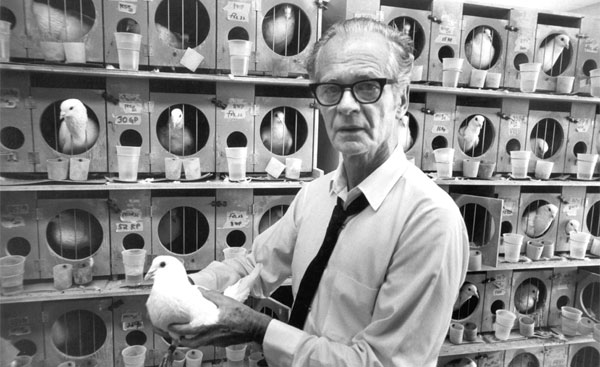
An American, psychologist, inventor, behaviorist, author and social philosopher, Burrhus Frederic Skinner has and will be known for his contributions for decades. He had rendered 16 years of his service as a psychology professor at Harvard University. Well known as the founder of modern behaviorism in psychology, Skinner did not realize any relevance of free will. He believed that human actions are the consequences of previous actions. There is a chance of the action not being repeated if the consequences are bad but if they are good, those actions become more probable.
Skinner named this as the principle of reinforcement. He also developed a philosophy called radical behaviorism. The author of 21 books and 180 articles, Skinner was listed as the most influential psychologist of 20th century in a survey conducted in June 2002.
3. Carl Rogers (1902-1987)
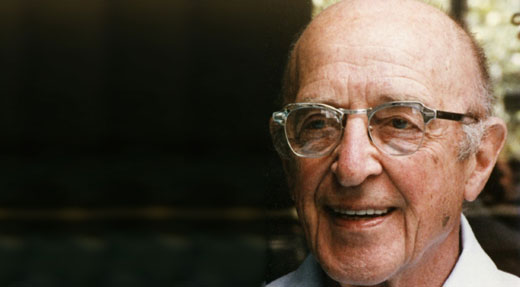
Carl Rogers is one of the founders of humanistic approach (or client centered approach) in psychology. For his pioneering research, he has been honored by the American Psychological Association (APA) with the Award for Distinguished Scientific Contributions in 1956. Rogers is considered to be one of the founding fathers of psychotherapy research.
He developed his own unique approach to understand personality and human relations which was the ‘person-centered approach’. Various domains such as education, psychotherapy and counseling and other organizations and groups started making use of this approach. He was also bestowed with the Distinguished Professional Contributions to Psychology Award in 1972 by APA again but this time for his professional works. Carl Rogers was found to be second most eminent clinician after Sigmund Freud and sixth most eminent psychologist of the 20th century.
4. William James (1842-1910)
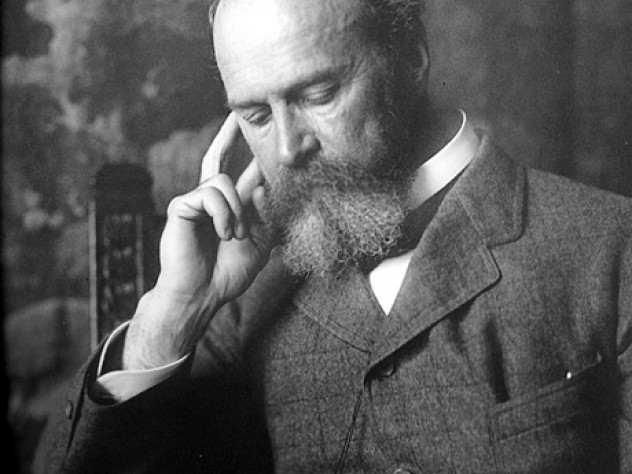
William James was the first educator in United States to offer a psychology course. He was a philosopher and psychologist trained to be a physician. Some have labeled him as the ‘Father of American Psychology’. James was one of the leading thinkers of late nineteenth century.
He is considered to be one of the most influential philosophers that have ever existed in United States. James was one of the founders of functional psychology. ‘Radical empiricism’ was another philosophical perspective developed by James. He has written on many topics including education, epistemology, psychology, metaphysics, religion and mysticism. “The Principles of Psychology” which was one of the most influential books of William James turned out to be ground breaking text in psychology.
5. Jean Piaget (1896-1980)
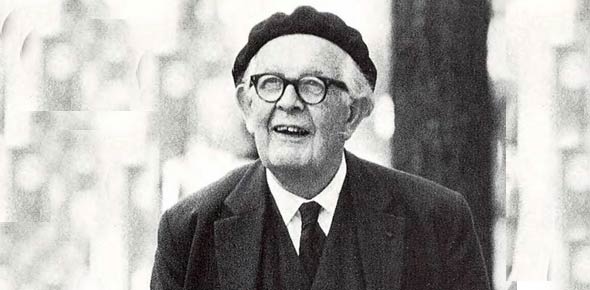
The Swiss clinical psychologist is known for his works in constructivism, genetic epistemology, theory of cognitive development, object permanence and egocentrism. Jean Piaget greatly emphasized on the education of children and is he also a pioneer in child development. In 1934, during his tenure as the Director of International Bureau of Education, he said
"Only education is capable of saving our societies from possible collapse, whether violent, or gradual."
Ernst von Glasersfeld recognized Jean Piaget as the "the great pioneer of the constructivist theory of knowing." Despite this his ideas did not popularize until 1960s. Soon enough, study of development started to emerge as a major subdiscipline in psychology. Piaget stood second after B.F. Skinner as the most cited psychologists of the 20th century.
6. Albert Bandura (1925 - present)
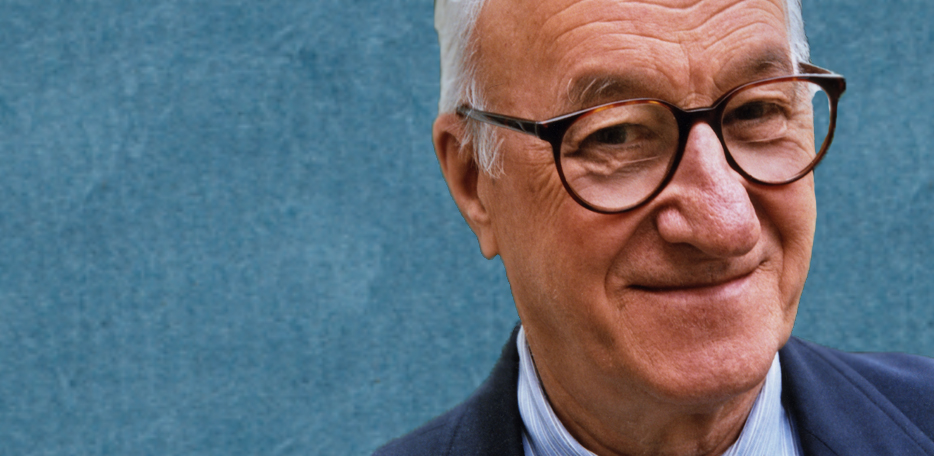
Albert Bandura is known as the originator of social learning theory. For almost six decades, he has significantly contributed in the fields of education and psychologist. The renowned psychologist was also influential between the transition of behaviorism and cognitive psychology.
The highly popular experiments known as Bobo Doll experiment was also conducted by him. The theoretical construct of self-efficacy was also an origination of Albert Bandura. Following B. F. Skinner, Sigmund Freud, and Jean Piaget, he is the fourth most cited psychologists of all time. Bandura is the greatest living psychologists today. When he was 82, he was awarded Grawemeyer Award for psychology.
7. Ivan Pavlov (1849-1936)
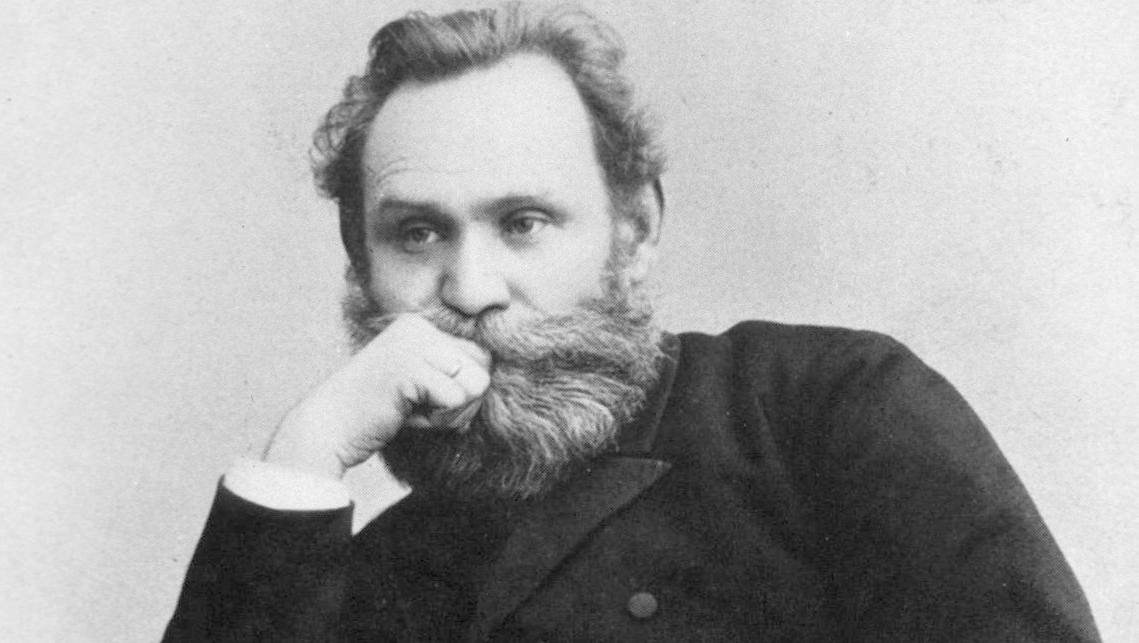
The Russian physiologist is primarily known for his works in classical conditioning. Pavlov had an unusual energy since his childhood. He had been very curious about what he called ‘the instinct for research’. Pavlov abandoned his religious career for devoting his life to science.
Pavlov became the first Russian Nobel Laureate by winning the Nobel Prize for Physiology or Medicine in 1904. Pavlov’s studies and principles of classical conditioning are applied in various experimental and clinical settings including educational classrooms. Ivan Pavlov is also ranked as the 24th most cited psychologist of 20th century according to the Review of General Psychology survey published in 2002.
8. Erik Erikson (1902-1994)
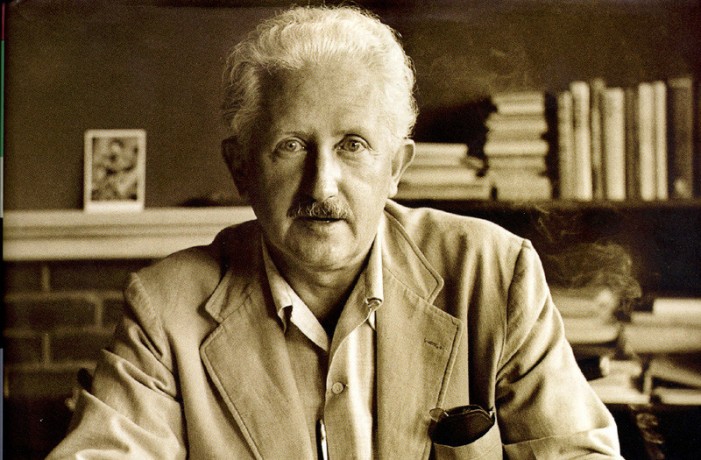
The German born American developmental psychologist and psychoanalyst does not even hold a bachelor’s degree and he is the 12th most cited psychologist of 20th century. He is known for his psychosocial development of human beings theory.
The phrase identity crisis was also coined by Erikson. He was highly influenced by Sigmund Freud and Anna Freud who has also been mentioned below. He has rendered his services in renowned institutions like Yale University, University of California, University of Pittsburgh and Harvard Medical School.
9. Abraham Maslow (1908-1970)
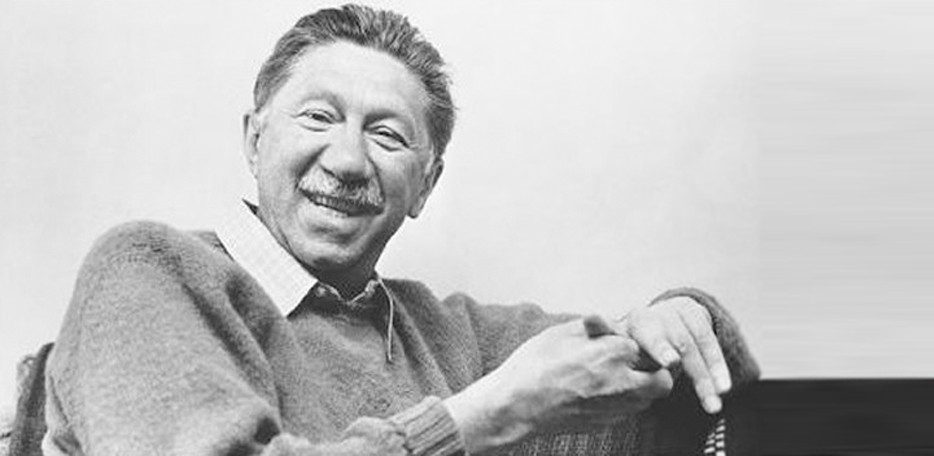
We all know him for Maslow’s hierarchy of needs. This theory described the psychological health of a person based on the fulfillment of one’s innate needs in the order of their priority. Maslow was a psychology professor at Cornell University, Brooklyn College, Brandeis University, Alliant International University, New School for Social Research and Columbia University. He stressed on the importance of focusing positive qualities in people rather than treating them a ‘bag of symptoms’.
Maslow has been ranked as the 10th most cited psychologists of 20th century according to the Review of General Psychology survey published in 2002. Maslow has been a part of several influential writings. He is widely known for Maslow’s hammer. One of his books The Psychology of Science, published in 1966 has a very popular phrase-
"If all you have is a hammer, everything looks like a nail"
10. Anna Freud (1895-1982)
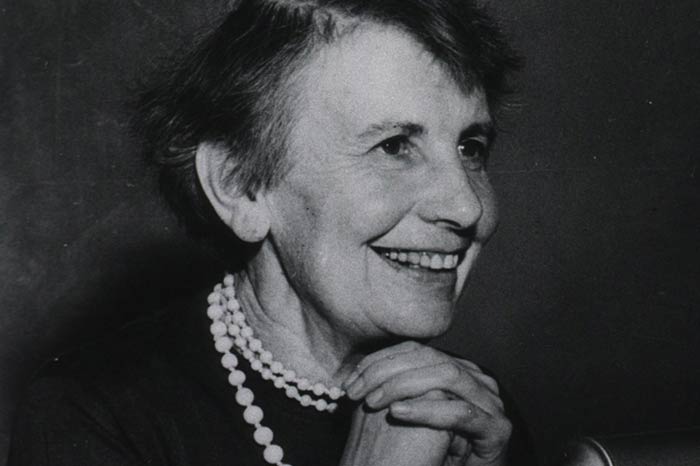
Anna Freud was an Austrian British psychoanalyst. She may be considered as the founder of psychoanalytic child psychology along with Melanie Klein. She was the 6th and last child of Sigmund Freud and Martha Bernays. Following the path of her father, she has also made significant contributions in psychoanalysis. Sigmund Freud once said-
“Child analysis had received a powerful impetus through 'the work of Frau Melanie Klein and of my daughter, Anna Freud”
Anna Freud’s works have emphasized on the importance of ego and its adaptability in the social environment. She is the 99th most cited psychologist of 20th century according to the Review of General Psychology survey of 2002.
11. Leon Festinger (1919-1989)
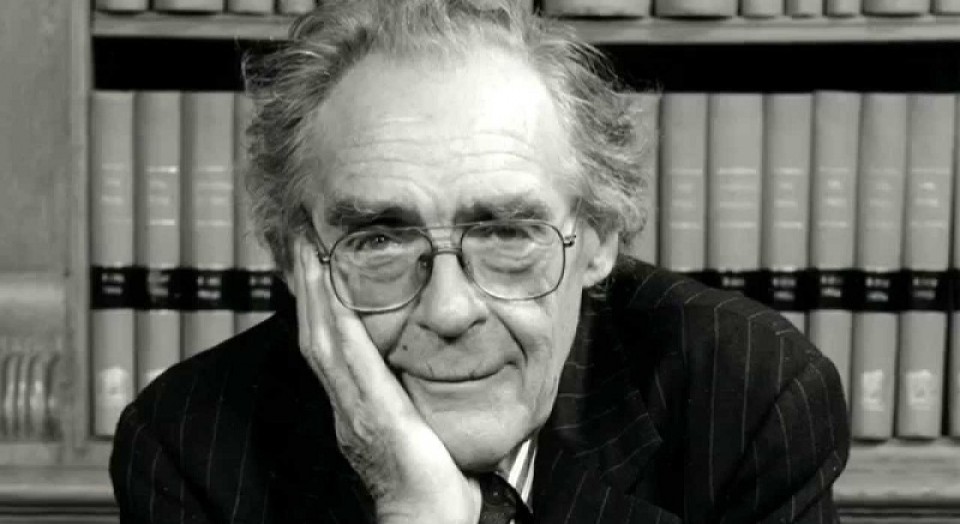
An American psychologist Leon Festinger is regarded as one of the most significant social psychologists of the twentieth century. He was best known for social comparison theory and cognitive dissonance.
At the Massachusetts Institute of Technology (MIT), he conducted several experiments on social influence and communication using theoretical precision and rigorous experimental methods.
He developed an interest in this field with Kurt Lewin’s research group and further got involved in Michigan and Minnesota. His social comparison theory is related to social reality and lets you evaluate your ideas by comparing them with what others believe.
12. Jerome Bruner (1915-2016)
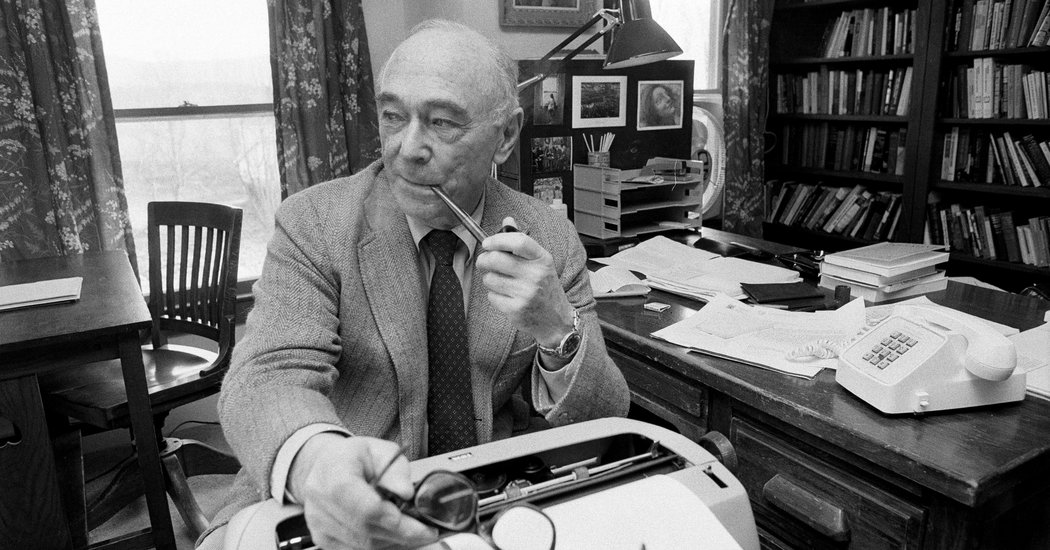
Jerome Seymour Bruner made significant contributions to cognitive learning theory in educational psychology and cognitive psychology. Do you know he was born blind due to cataracts? At the age of 2, he restored his vision.
It was in 1967 when Bruner got attracted to the subject of developmental psychology. He introduced the term scaffolding to describe an instructional process in which the instructor offers programmed guidance to the students. He believed that when children start to learn concepts, they need help from adults in the form of support. As they become independent and acquire new knowledge, the support starts to fade.
His constructivist theory is a framework for instruction based on the study on cognition. Bruners’ book Acts of Meaning has been referred over 20,000 times followed by Actual Minds, Possible Worlds, which has been referred over 18,000 scholarly publications. In his works, he developed his framework to surround the cultural and social aspects of learning and law.
13. Walter Mischel (1930-2018)
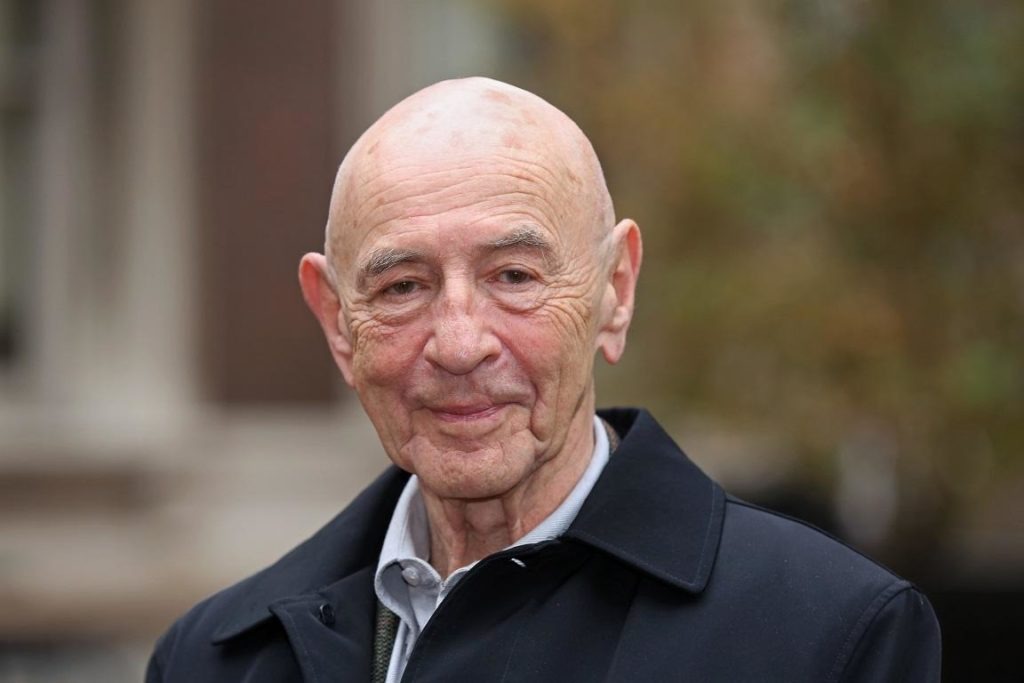
Born on 22 February 1930, Walter Mischel was an Austria born American psychologist who specialized in social psychology and personality theory. He published the controversial book Personality and Assessment, which created a crisis in personality psychology. He was well known for the marshmallow test.
The purpose of the test was to understand the control of delayed gratification and the ability to wait for long to achieve something that one wants to develop in children. He taught at the University of Colorado from 1956 to 1958 and then at Harvard University from 1958 to 1962.
Mischel was also elected to the National Academy of Science in 2004 and the American Academy of Arts and Sciences in 1991. He won the Distinguished Scientific Contribution Award from the American Psychological Association, the Distinguished Contributions to Personality Award of Social and Personality Psychologists, and other awards in his career.
14. John B. Watson (1878 -1958)
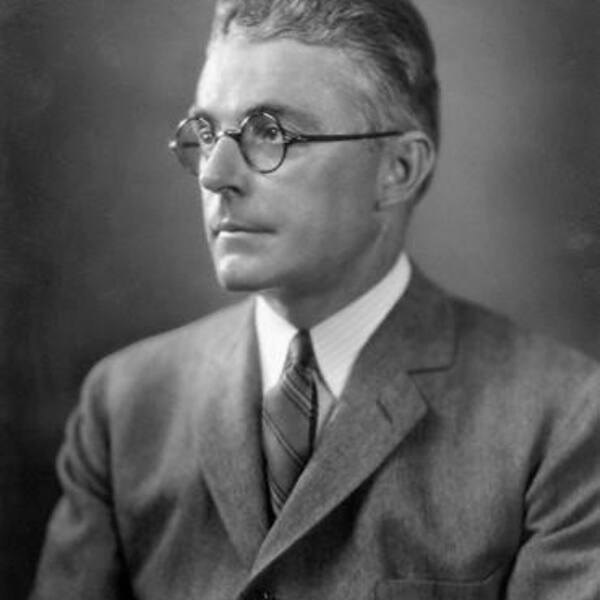
John Broadus Watson established the psychological school of behaviorism. He researched child-rearing, advertising, and animal behavior. He is listed as one of the most influential psychologists of the 20th century.
Watson is given credit for popularizing the term behaviorism with the publication of his 1913 article ‘Psychology as the Behaviorist Views It.’ He argued that psychology had failed to become a natural science due to focus on consciousness and several unseen phenomena.
15. Edward Thorndike (1874-1949)
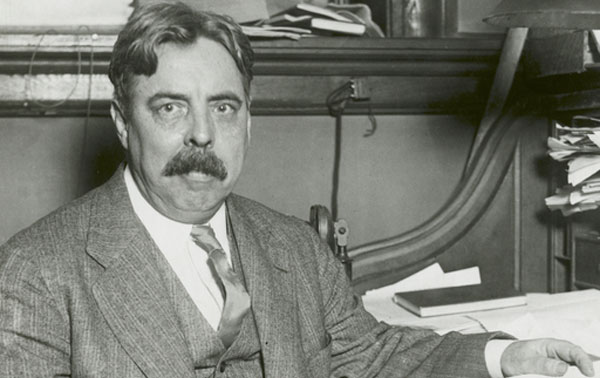
Born on 31 August 1874, Edward Lee Thorndike was a popular American psychologist who was a member of the board of the Psychological Corporation and also served as President of the American Psychological Association in 1912. His work on comparative psychology led to the theory of connectionism and laid the foundation for educational psychology.
He was not only an expert in behaviorism but also used animals for clinical experiments. He even created a theory based on his research with animals. His dissertation: ‘Animal Intelligence: An Experimental Study of the Associative Processes in Animals’ was the first in psychology where the subjects were animals.
He performed tests to see whether animals could learn through observation or not. Thorndike used his expertise to work for the United States during WWI. He identified three areas of intellectual development and contributed a lot to psychology.
16. George Armitage Miller (1920-2012)
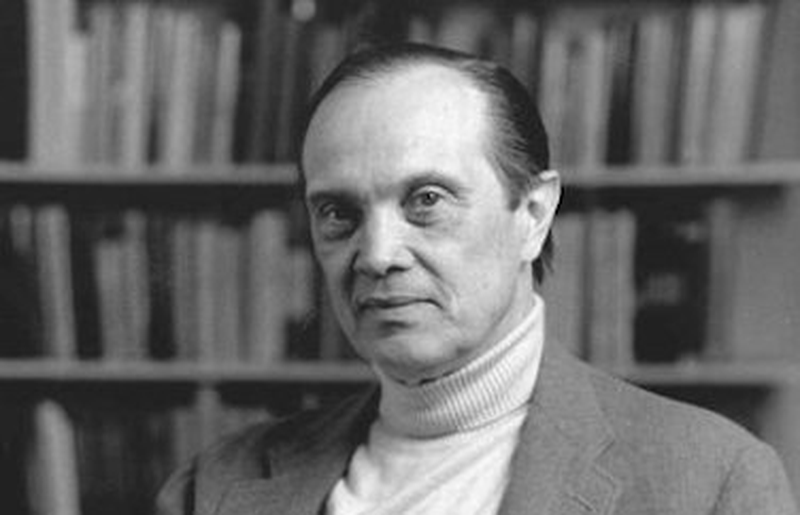
George Armitage Miller was one of the founders of cognitive psychology. He learned that the human mind could be understood using an information processing model. In 1991, George A. Miller was awarded the National Medal of Science for his contributions to understand the human mind.
In 1956 paper, his presentation ‘The magical number seven, plus or minus two’ was published as a paper which is one of the most frequently cited papers in the history of psychology.
People believed that he was not only a gifted scientist but also an extraordinary human being. He proposed that short-term memory has certain limits, including the quantity of information that can be saved at a given time.
Final Words
Do you also find Psychology interesting? It is an interesting subject that focuses on human behavior and actions. These popular psychologists have made a strong impact on human lives.
Out of these famous psychologists listed above, who has inspired you the most? Drop your comments below.
Popular Posts
12 Unseen Pictures of Sofia Vergara That are too Hot To Handle
An actress, comedian, producer, television host Sofia Vergara is one of the most loved personality in the TV industry. Bo...
Chandan Roy
Top 10+ McDonald's Characters That Are Better Alternative To The Creepy Clown
When you visit McDonald's, you are entertained by several McD characters designed for kids. Do you know how many Mc D characters are there in total? Let's find it out.
Aaditya M
10 Largest Organs In Human Body
Human body consists of 70 organs that are highly specialized in performing different functions. Millions of cells form part of a...
Swati Bhandari






